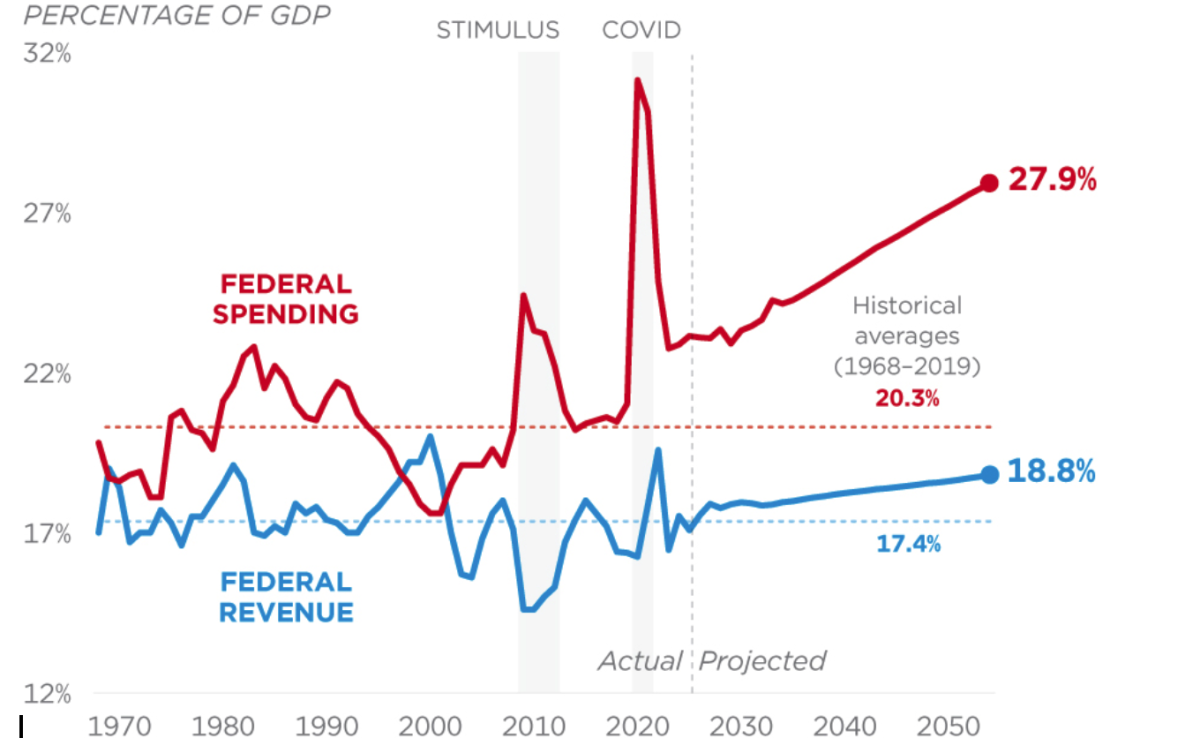Next fall, the Westminster athletic community–from parents to coaches, athletes to fans–will be seeing changes that have been made to Georgia high school athletics reflected in Westminster’s sport schedules. The Georgia High School Association, which redraws the athletic regions in Georgia every two years, recently revealed the adjustments it has made to the high schools sports classification system, including the jump from five to six classifications and some significant redistricting.
“There were a lot of changes. The big change that affects everyone is that they moved from five classifications to six,” said Westminster athletic director Rusty Hudson. “This means that, since the number of schools stayed the same in total, there are less schools in each classification.”
Many are wondering why the addition of a sixth classification, which has resulted in crucial changes to region districting, occurred at this time.
“Part of it was that people just wanted a change,” said Hudson. “Several plans were brought forward and they were all rejected. Then the one with six classifications made it through. It was supposed to reduce travel and allow more flexibility in the sports schedule.”
Westminster did not move up a classification and will remain an AA school come fall. However, the regional changes will have considerable effects for many Westminster athletic teams. Because Westminster’s region downsized from 11 to five teams, it will only take a single victory against another region team to be guaranteed a spot in the state playoffs. In addition, sports like tennis and softball will automatically make the playoffs for lack of a fifth region team to compete against.
“It will bring pretty significant changes,” said high school senior Wiley Ballard, who wrote a column on this issue in the Feb. 3 issue. “Our region is going to be a five team region, including Lovett, GAC, Wesleyan, and Hapeville Charter, and four out of five teams will make the state playoffs. So we’re basically guaranteed to get into the state tournament every year, for region sports.”
Besides the easier road to state, another upside of the regional changes will be the excitement and school spirit sparked by playing old rivals in region games.
“We’ll keep the rivalry between Lovett and GAC because they’re in our region. It’s always a big Buckhead event when Westminster plays Lovett,” said Hudson. “And now that we’re playing Wesleyan in every region sport, we will probably develop some sort of rivalry with them, too. There will be an exciting element because we’re playing all of those rival schools.”
However, it is unlikely that the smaller region will diminish the athletes’ desire to compete or will to win.
“Winning the region championship will definitely be easier, but we’re still rivals with all of the regional teams,” said Ballard. “I feel like because the region teams are who they are, it’s really going to amp up the competition. Victory is possible, so the athletes are going to want to take advantage of that opportunity.”
Despite the enthusiasm and new competition the regional changes will bring, there will also be many challenges that the athletic program is already trying to sort through. Because there are only four other teams to play in the region, it is up to the athletic program to schedule games for the rest of the season, which is proving difficult.
“The downside is that we have to find too many games. Baseball has to find 18 new games, and basketball has to find 17. Finding games to play is going to be hard,” said Hudson. “Our coaches are already working to come up with the schedules. Normally we wouldn’t worry about getting a schedule set until April, but we’re already making phone calls and trying to work that out.”
Due to scheduling difficulties, Westminster has appealed to the GHSA, which has promised that it will help the school in completing athletic schedules, should the need arise. Until then, coaches are doing their best to ensure that next year’s competition will still be fierce.
“In football, to get a full ten games, we’re going to have to travel a lot. All of the teams we’re playing that are far away made it to state last year, so it’s a very competitive schedule with added incentive,” said Hudson. “There are the games we have to play, and then there are the games [for which] we go out and play against teams that are really good.”
For example, even though football powerhouse Buford moved up to classification AAA, it is likely that we will be seeing them again out on the field next fall.
“I think coach Romberg is going schedule Buford anyway. He is known for playing very difficult schedules,” said Ballard. “I would say it would definitely not surprise me if Buford was on next year’s football schedule.”
The changes will not affect everyone. Area sports like volleyball, lacrosse, swimming, and gymnastics will be playing teams relatively similar to those they have been competing against this school year.
“Not all sports are region sports. For area sports, the state tells us who is in our area, and there will likely be more than five schools in each area,” said Hudson. “It will be easier to come up with schedules for those teams. The only change is that the schools are spread out because of the six classifications.”
Reclassification will undoubtedly bring major changes to high school sports at Westminster. Next year will be an experiment for everyone involved, but the challenges and opportunities brought about by the changes are sure to be a cause for renewed enthusiasm.
“This may mean getting out of school more, which we don’t like to do. We’re going to have to do a little extra travel,” said Hudson. “The upside is we’re playing some of the schools we really like to play, and we’re also going to be playing teams we haven’t played, which is really exciting.”





